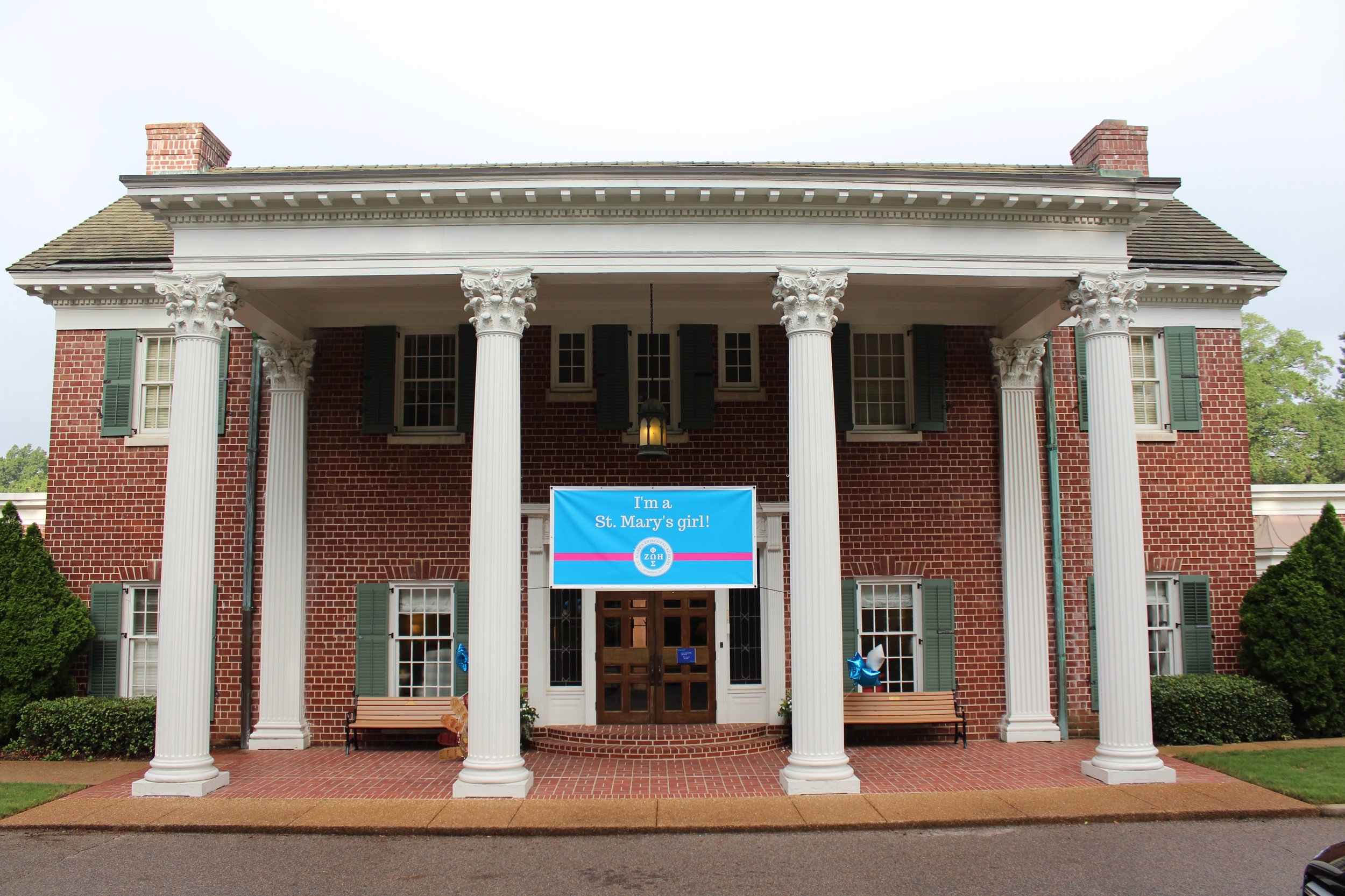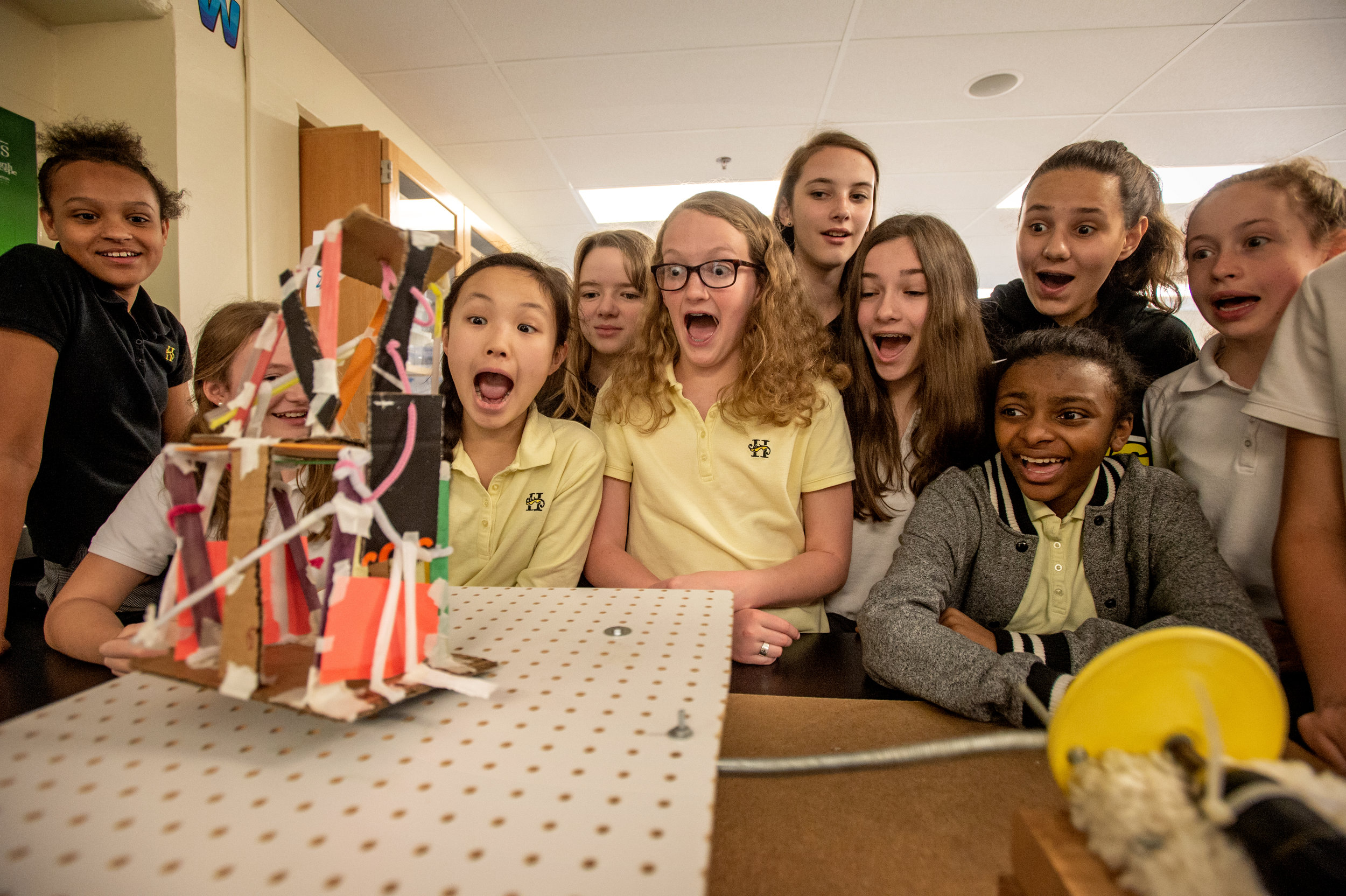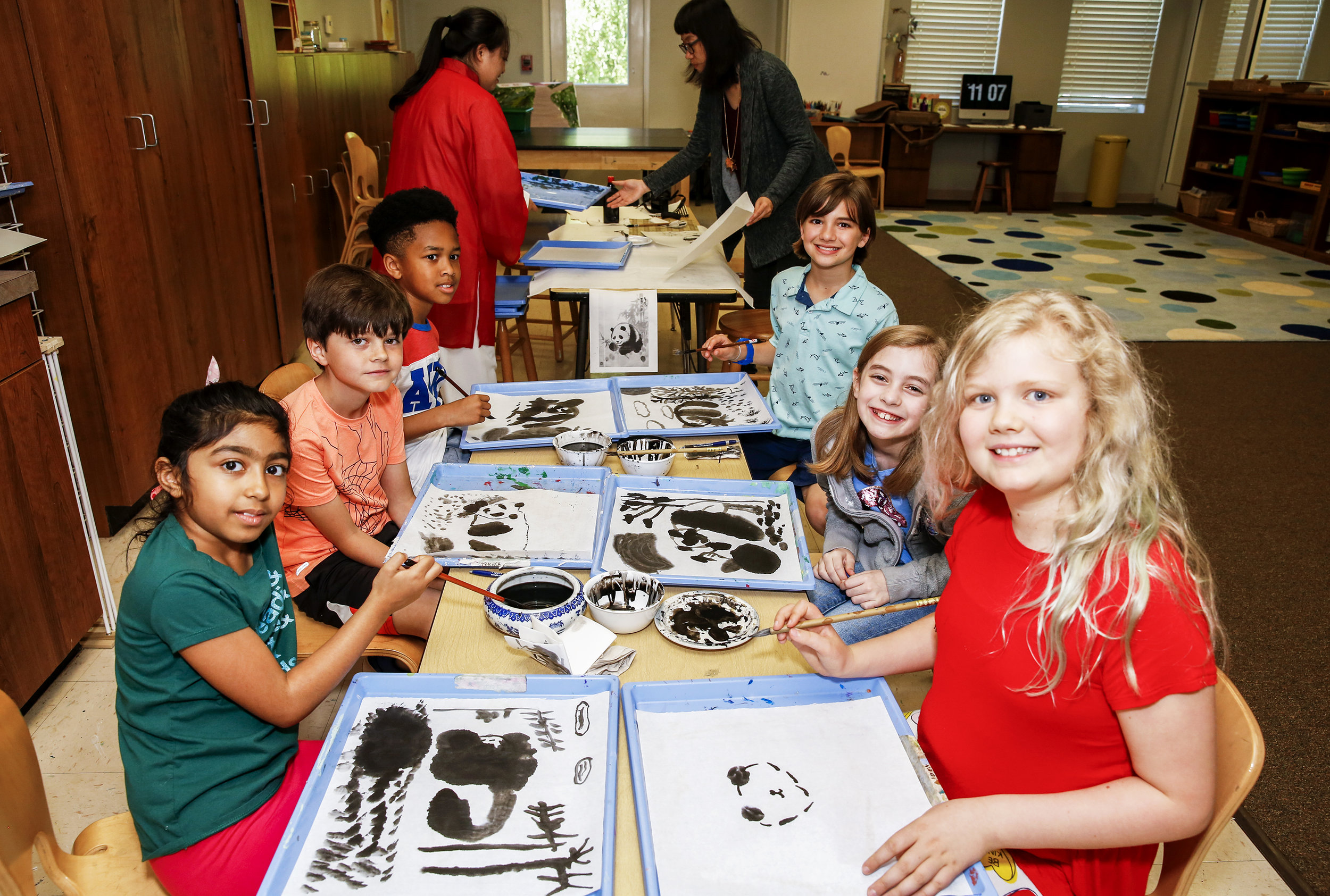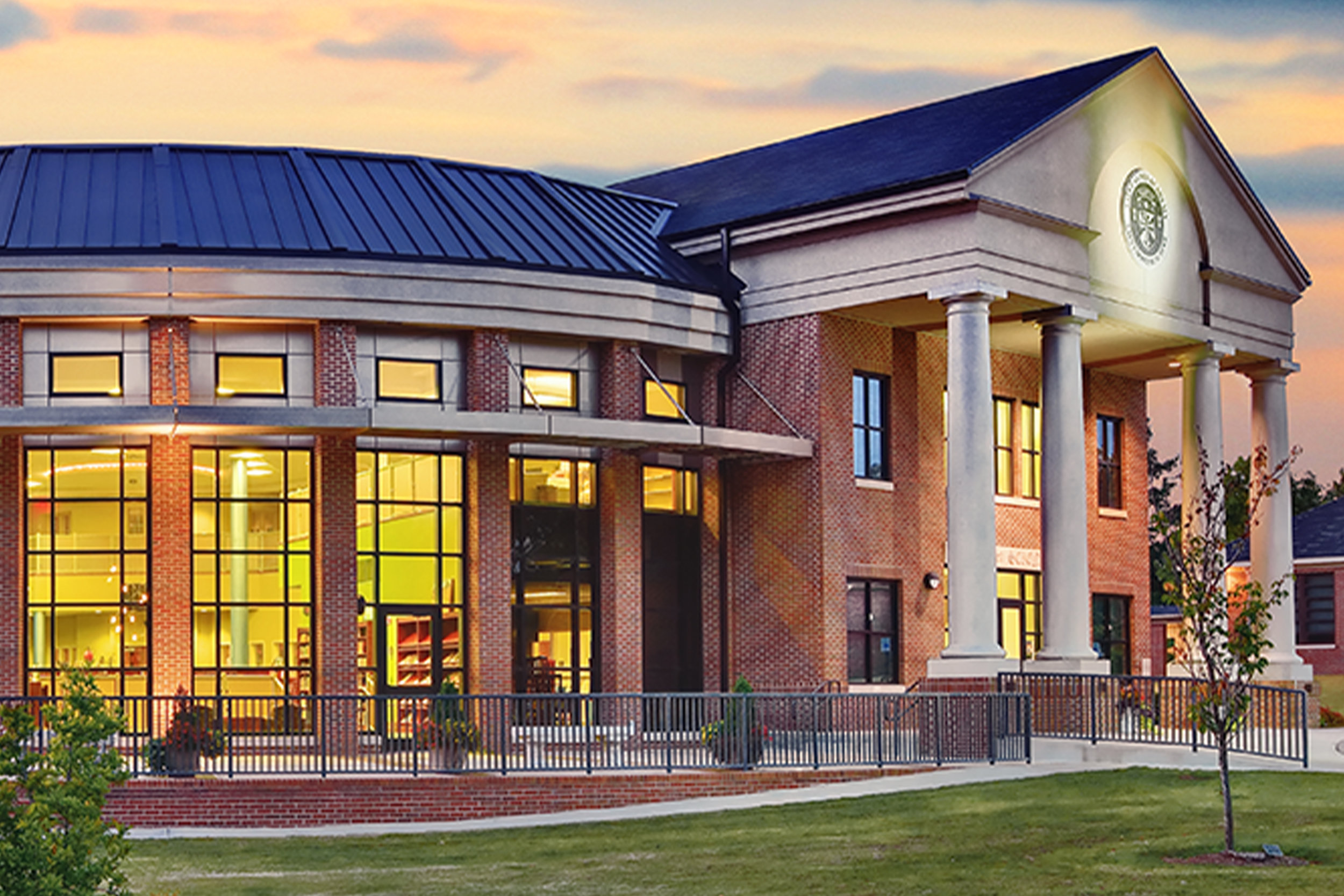why choose an independent school?
Parents often worry whether their children are provided the education needed to succeed in today's fast-paced world. There are a number of schooling options for parents to choose from, including public, private, and home schools, but independent schools (specifically National Association of Independent Schools) may be the best option yet. In a 2015 research study, NAIS students were compared to students from other types of schools (public, public charter, public magnet, private religious, and homeschool) on a number of subject areas, including social integration and acceptance, academics, and engagement.
Social Integration & Acceptance
Studies show that NAIS students prove to be highly socially integrated. Students are more likely than their counterparts to socialize with other ethnic groups, be tolerant of individuals with other beliefs, look at the world through other people's perspectives, and work cooperatively with diverse people. NAIS graduates were more likely to expect to participate in study abroad programs and have roommates of different ethnicities in college.
Academics
NAIS schools have an 8.6:1 student-to-teacher ratio and a mean class size of 15, as well as a majority of teachers with more than 21 years of experience, making for a highly effective learning environment for students. NAIS students had a higher mean grade point average than their peers (3.52 vs. 3.38) and were more likely to have B+ averages. Students were more likely than their counterparts to have taken a probability/statistics or calculus class and were more likely to have finished four years of foreign language and physical science. This was reflected in students' SAT and ACT scores, which were higher than students from other types of schools. SAT scores averaged 588 (vs. 494) in critical reading, 602 (vs. 508) in mathematics, and 587 (vs. 484) in writing. ACT scores averaged 28 (vs. 26). Independent school students rated themselves highest in abilities that included leadership, public speaking, and social self-confidence; and they were more likely than other students to show strength in critical thinking skills, interpersonal skills, and time management skills. NAIS graduates were more likely than graduates of other types of schools to graduate from college in four years or fewer, and they expected to graduate with at least a B average.
Engagement
NAIS students were found to be more likely than their peers to ask questions in class, seek solutions to problems and explain them to others, and seek feedback on academic work. NAIS students were found to be more likely than their peers to ask questions in class, seek solutions to problems and explain them to others, and seek feedback on academic work.*










